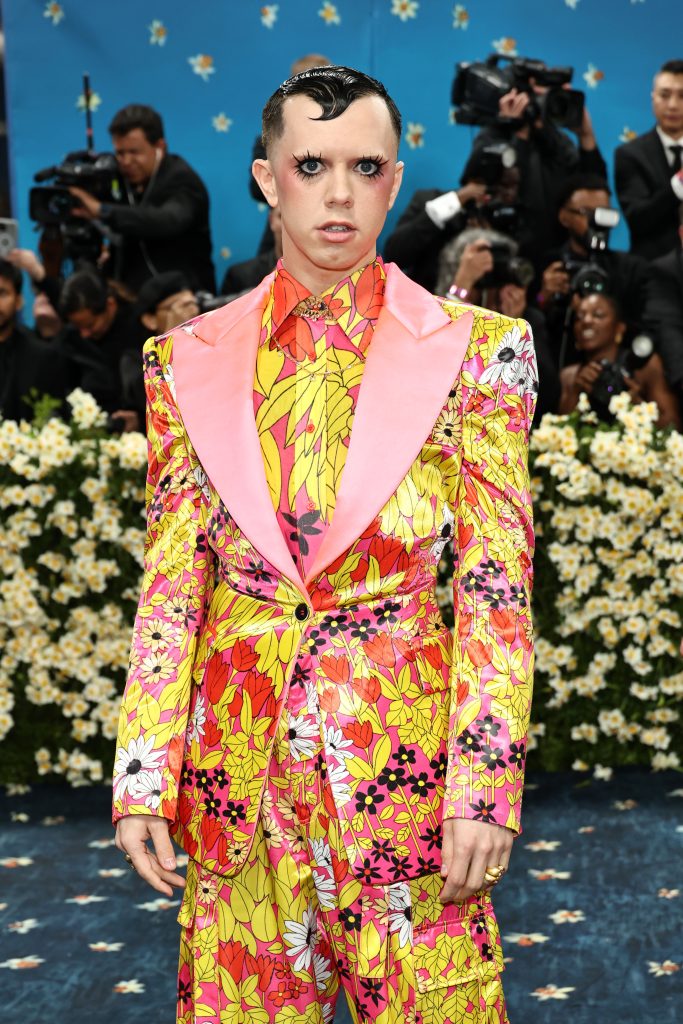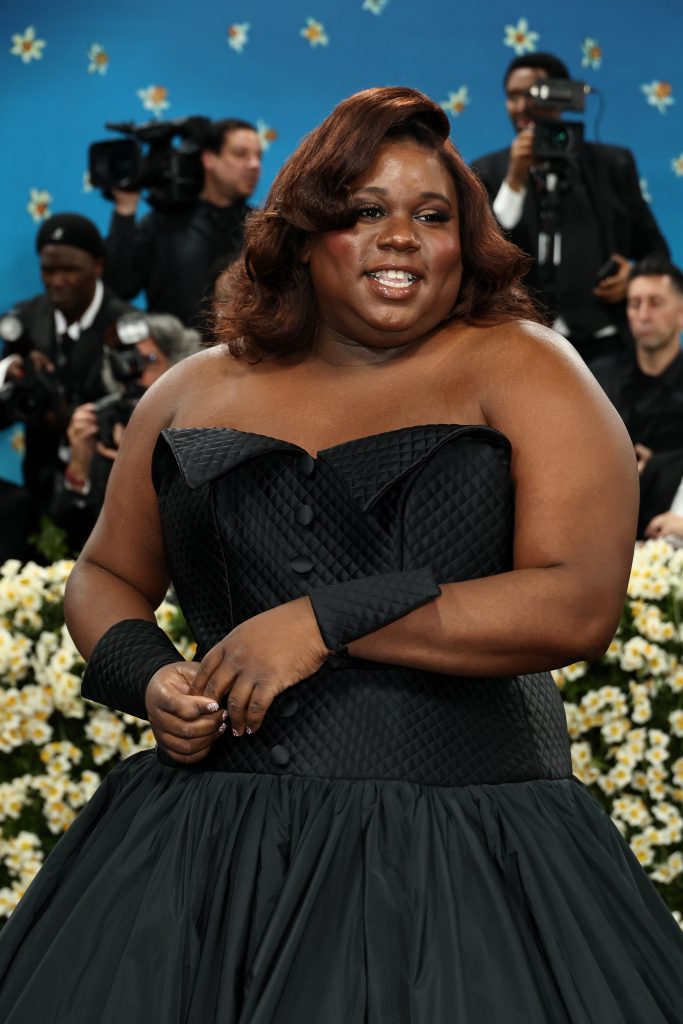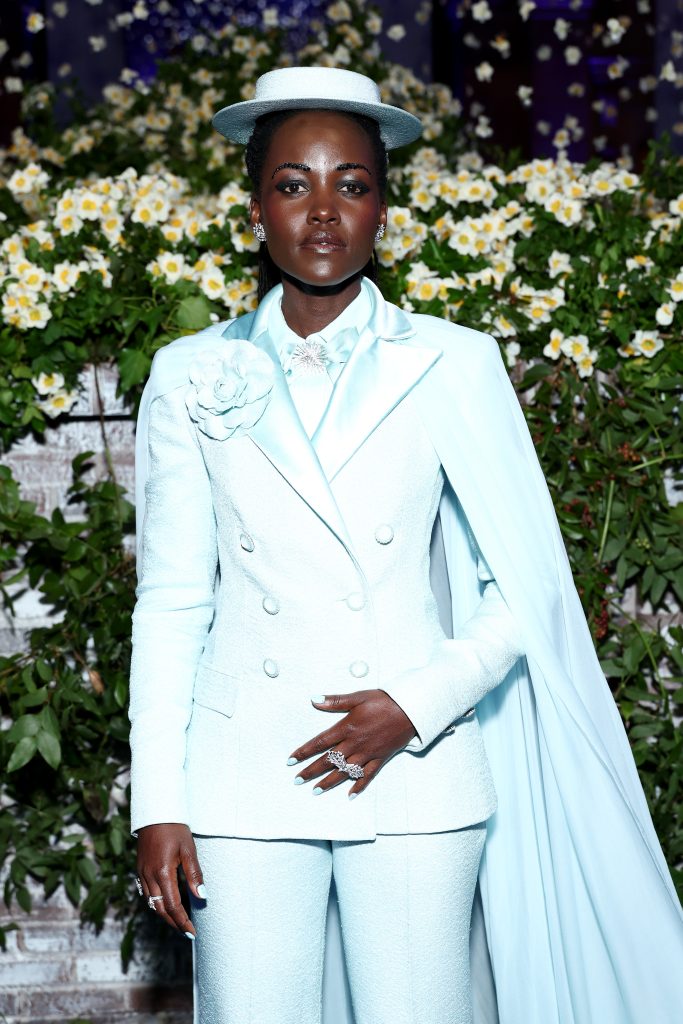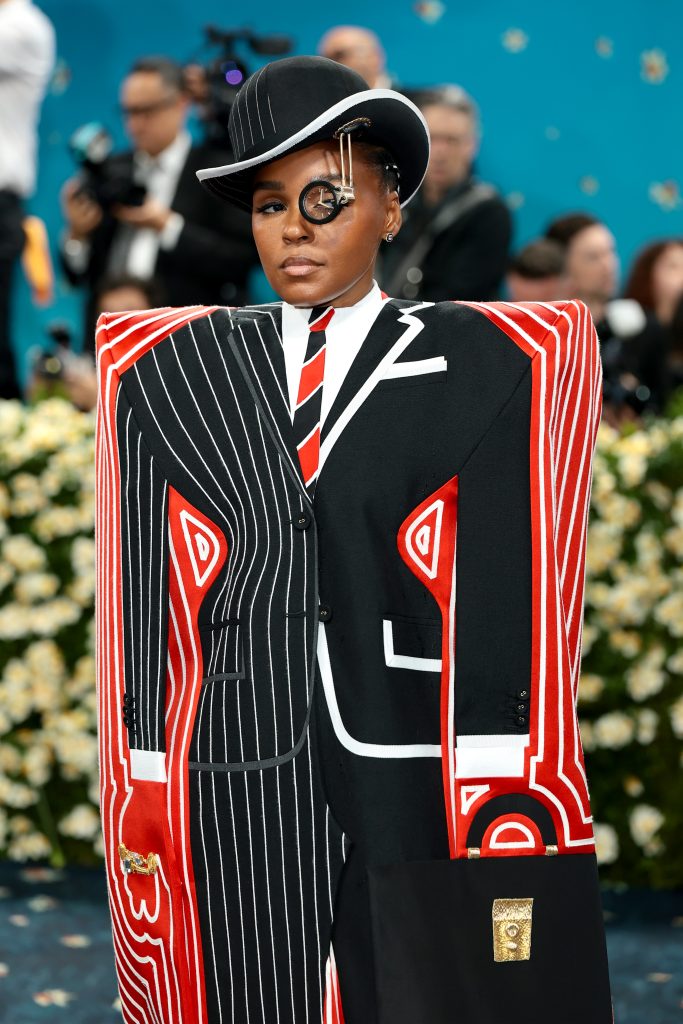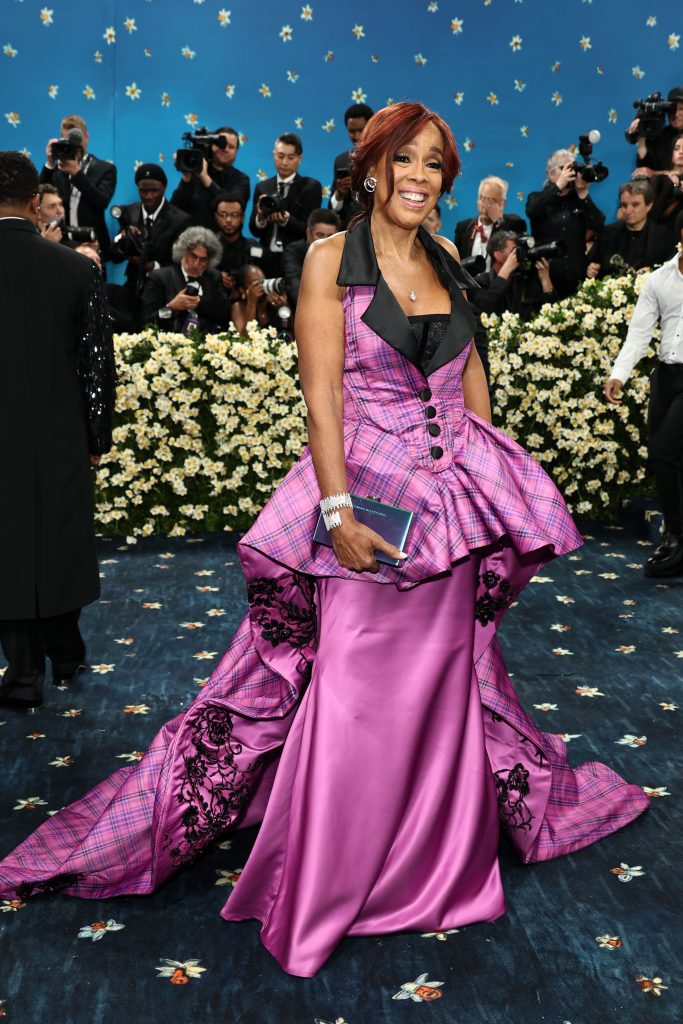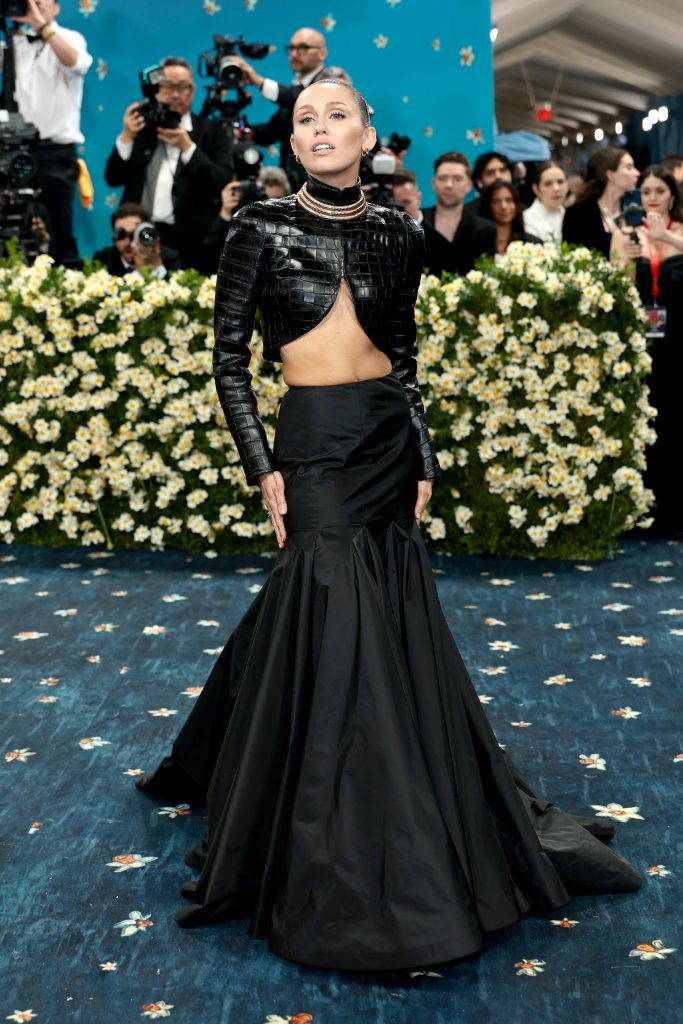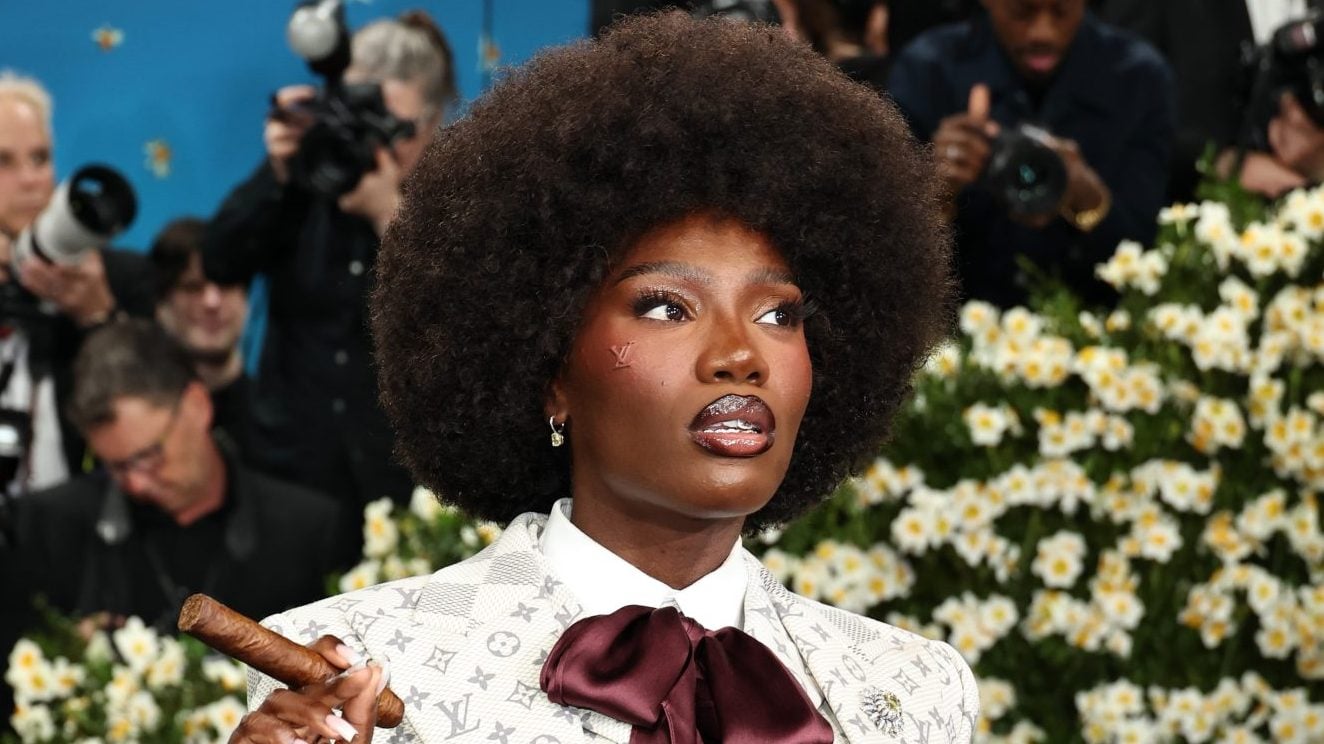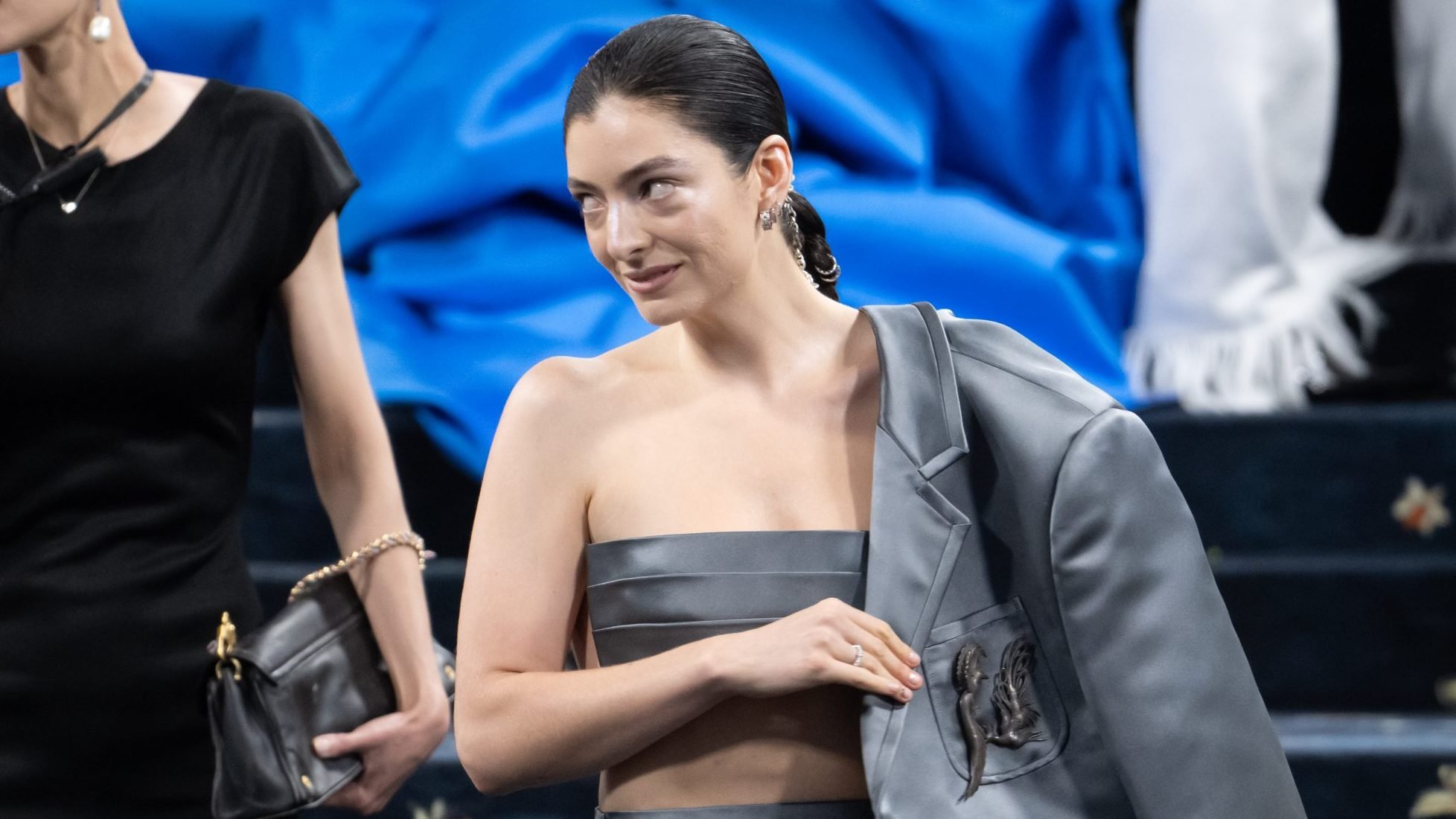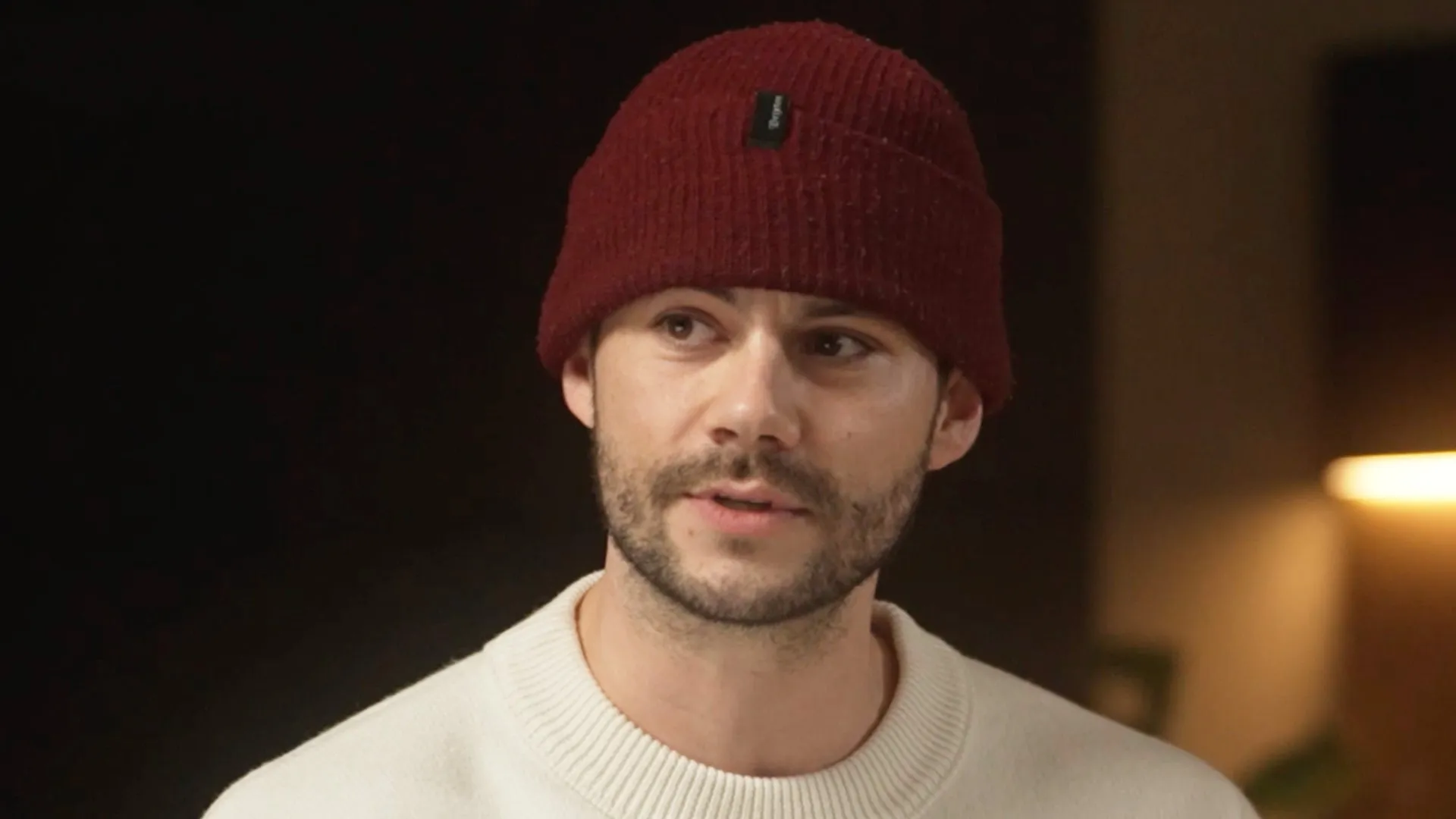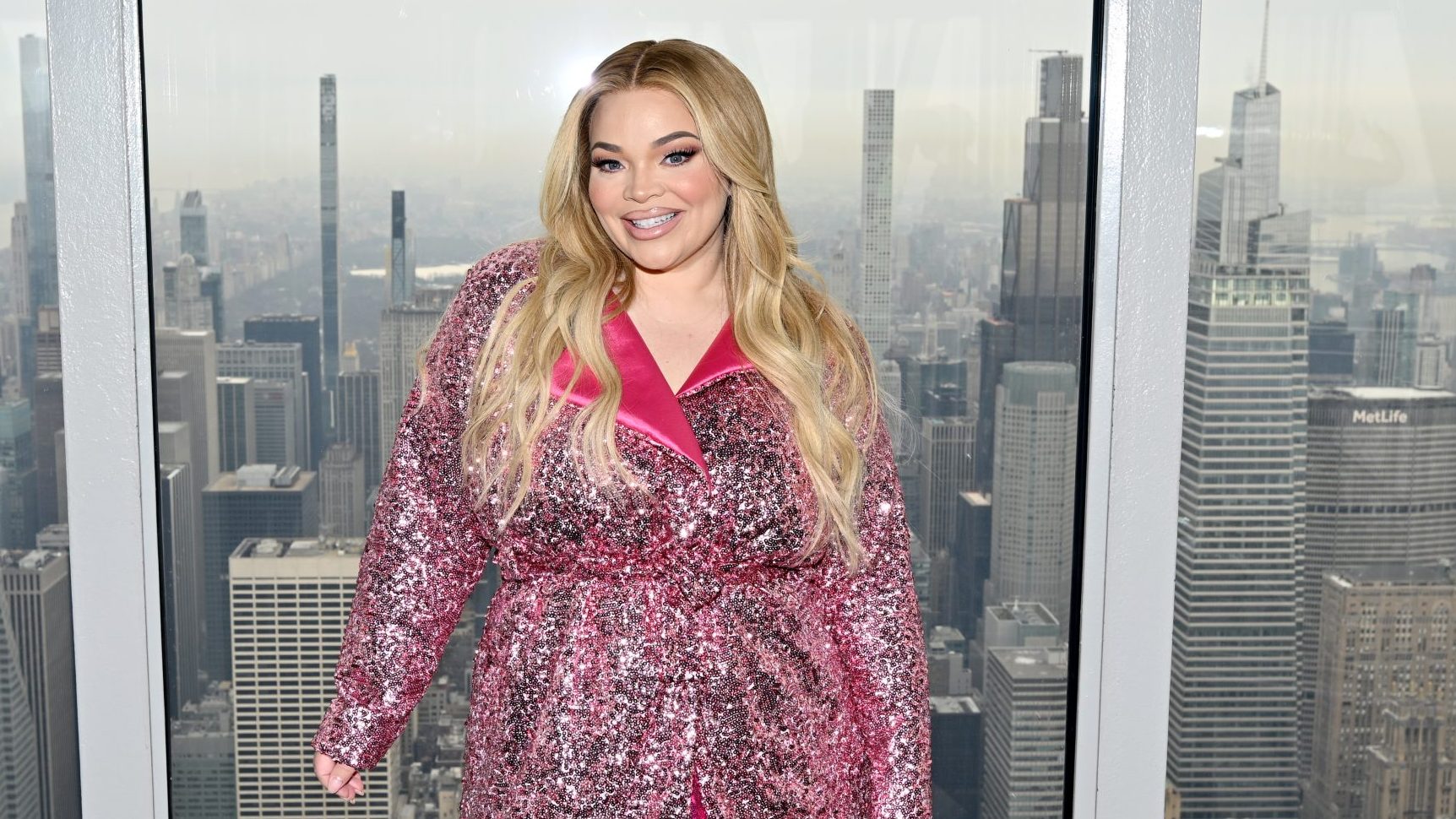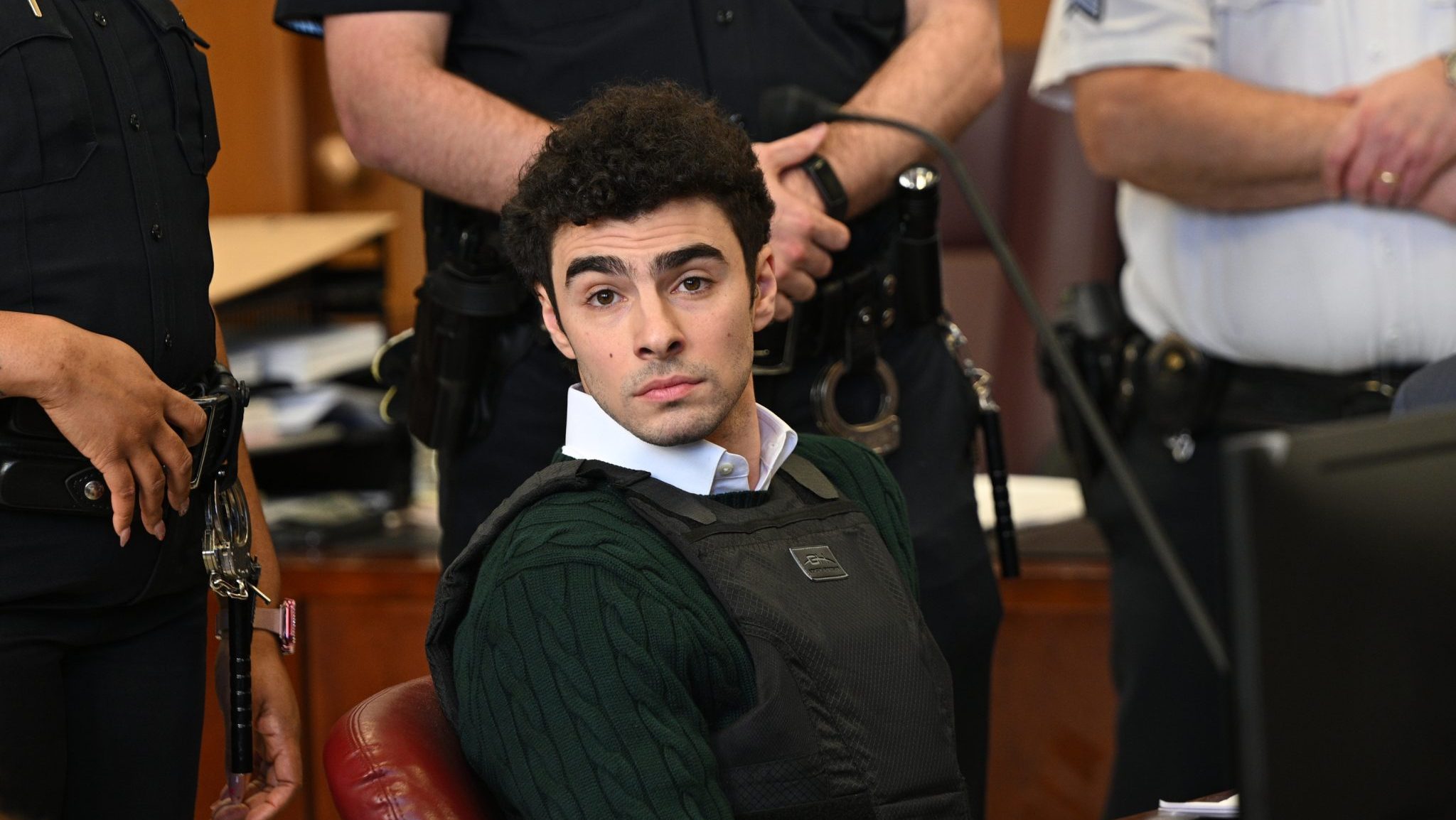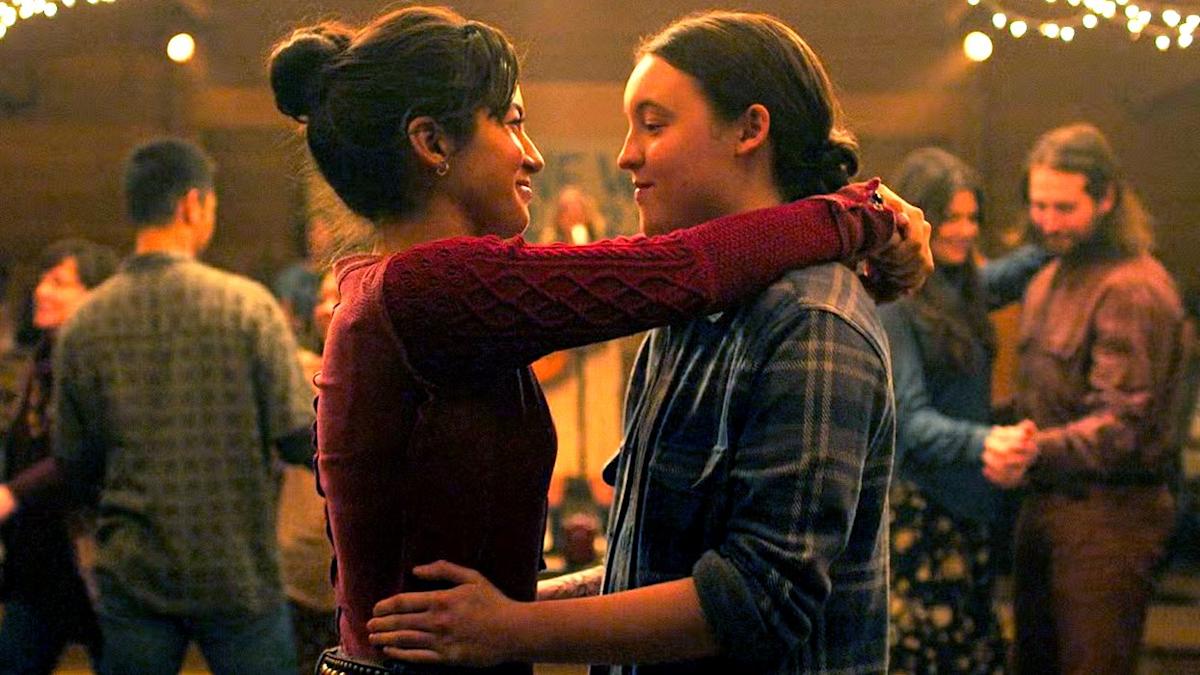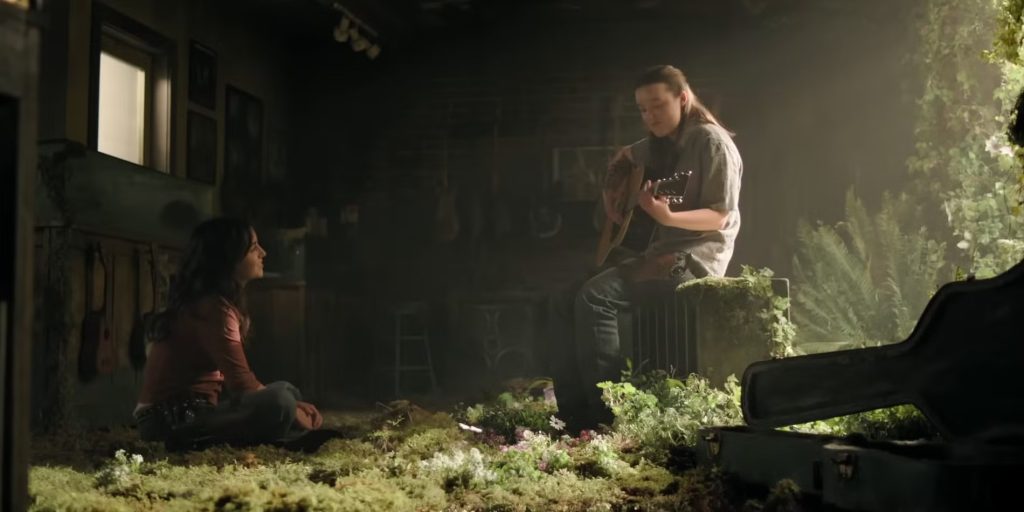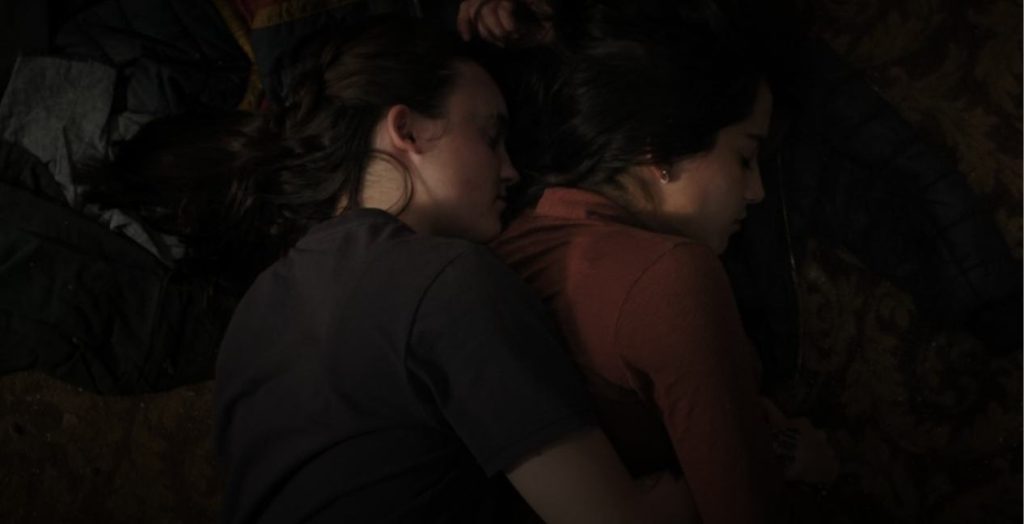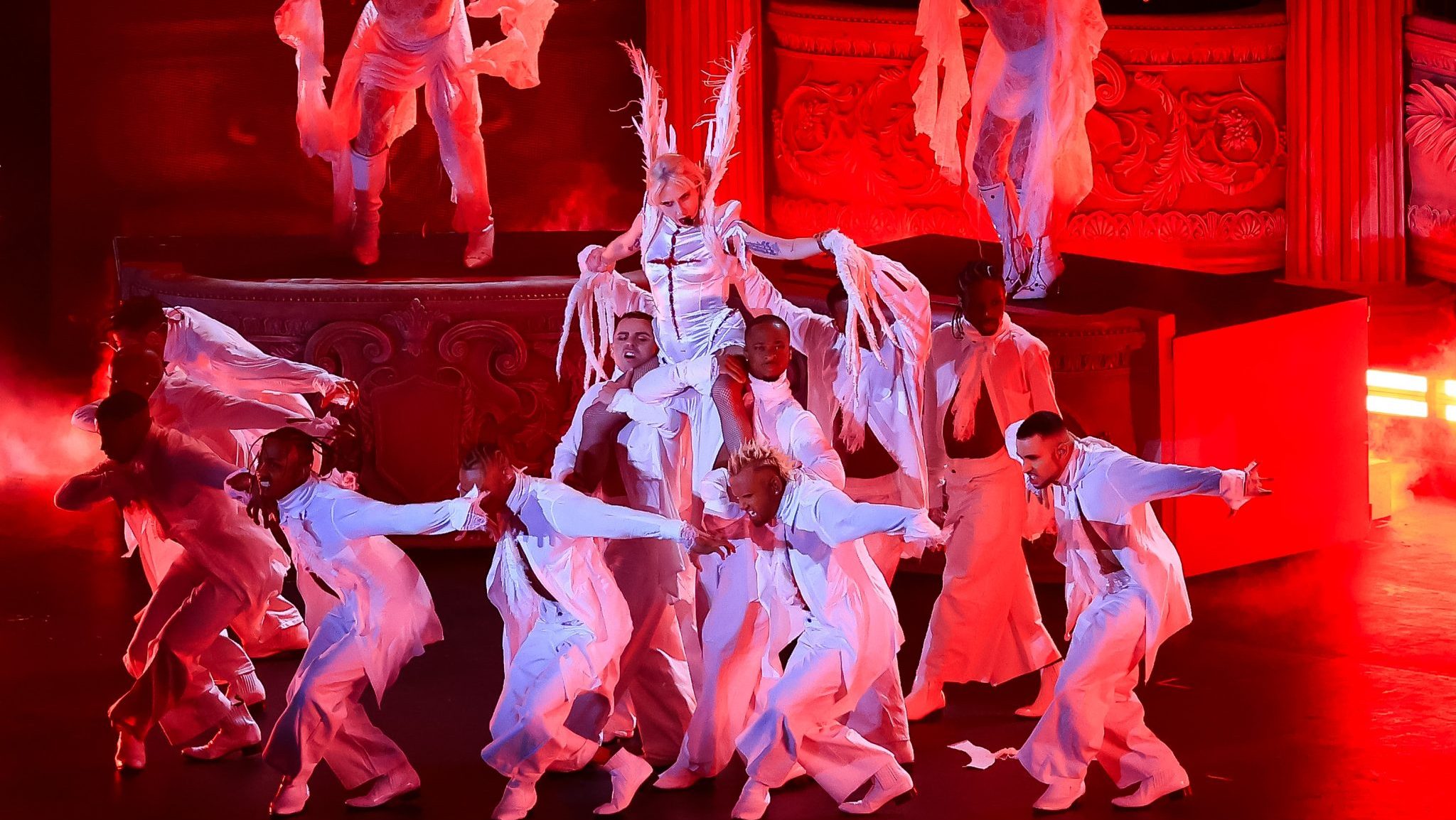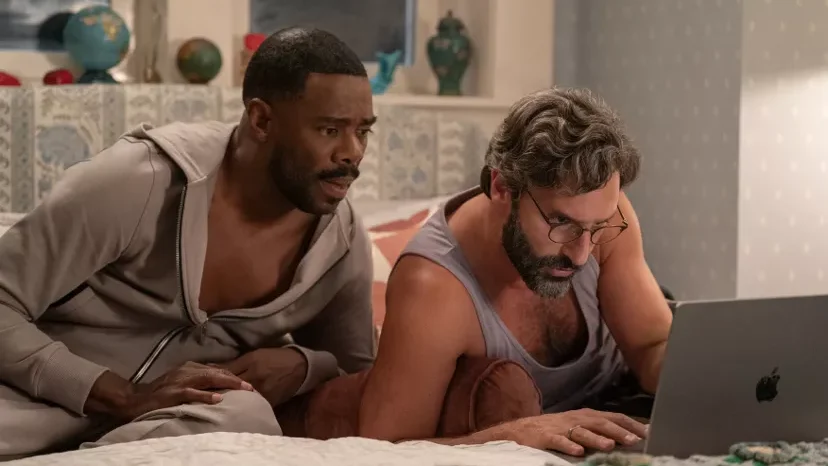The 2025 Met Gala, held Monday, May 5, at the Metropolitan Museum of Art, ushered in a striking new era of red carpet style with the theme “Superfine: Tailoring Black Style.” For the first time in more than two decades, menswear and tailoring took center stage at fashion’s most-watched event — and queer artists and celebrities did not disappoint.
Celebrating Black sartorial heritage and gender-fluid fashion, the evening’s dress code, “Tailored for You,” encouraged guests to bring their full selves to the red carpet — and many queer stars responded with show-stopping, subversive, and unapologetically personal statements through clothing.
Here are some of the standout queer looks from the evening:
Doechii Blends Black Dandyism with Punk Edge
Rising rap and fashion icon Doechii made a bold statement in a custom Louis Vuitton ensemble. The outfit featured oversized suiting adorned with the iconic LV monogram, even extending to her cheek, where the logo was stamped in silver. With a sculptural updo and a prop cigar, the look served as a nod to Black Dandyism while embracing a raw punk energy — a perfect balance of rebellion and reverence.
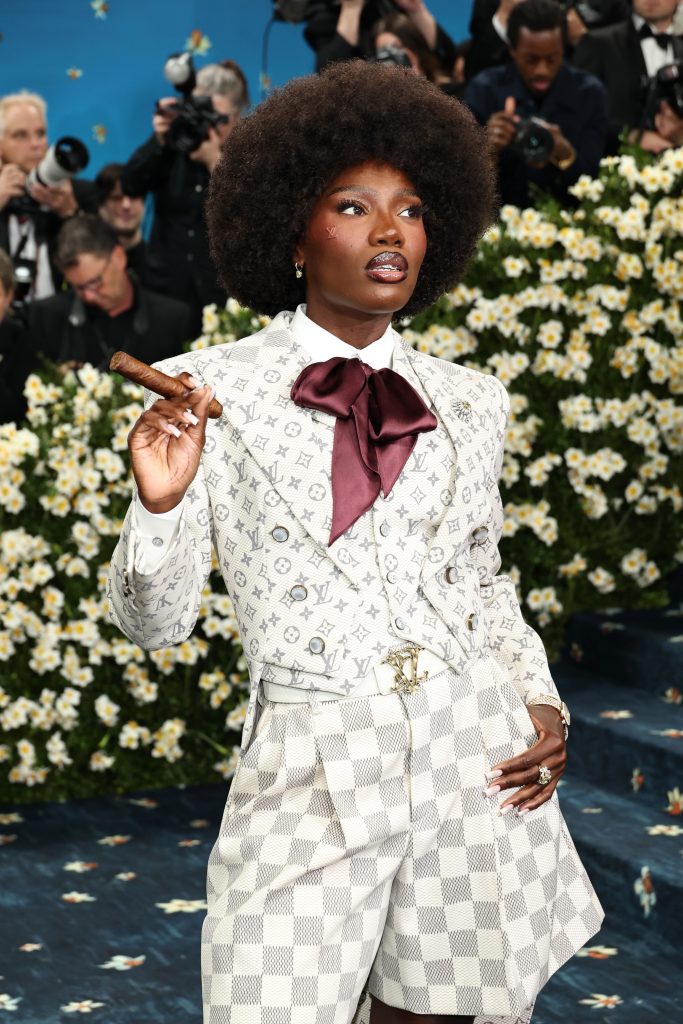
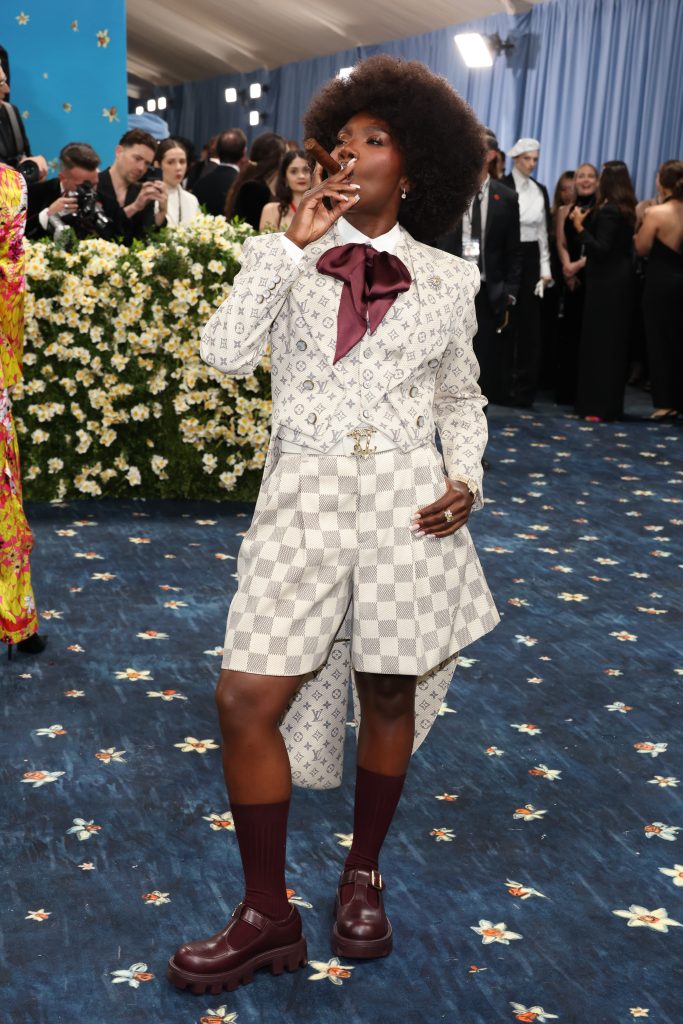
Colman Domingo Honors André Leon Talley with a Grand Entrance
Colman Domingo, co-chair of this year’s Met Gala, paid homage to the late fashion editor André Leon Talley in dramatic fashion. Domingo arrived in a royal blue Valentino cape covered in shimmering sequins, directly referencing Talley’s legendary 2011 Met Gala look. Moments later, he removed the cape to reveal a sleek, tailored ensemble underneath — a powerful tribute and a transformation in motion.
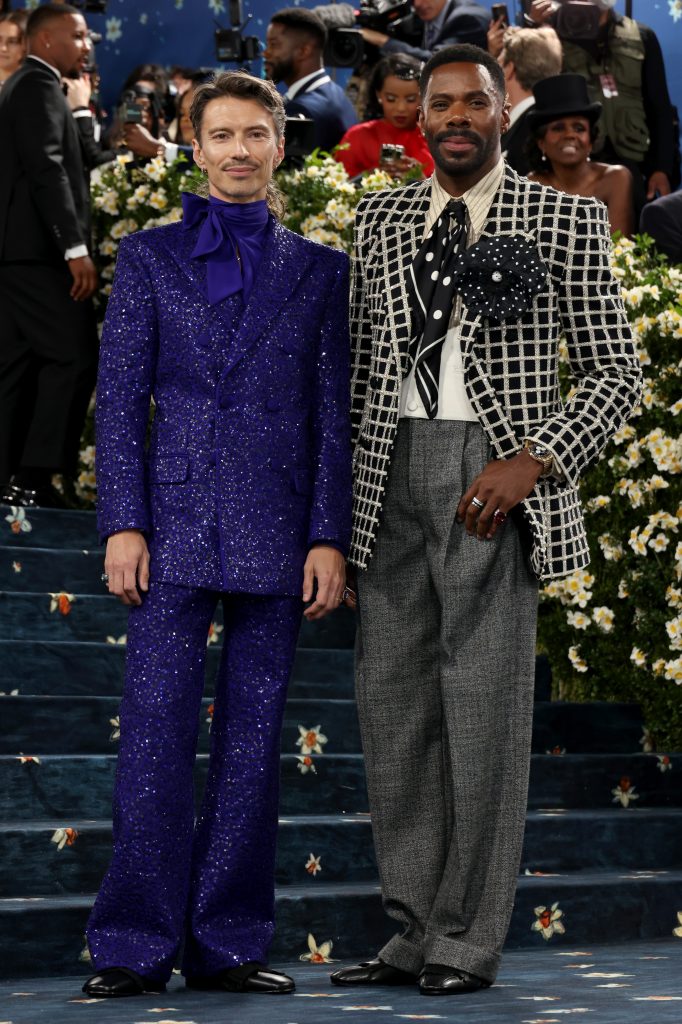
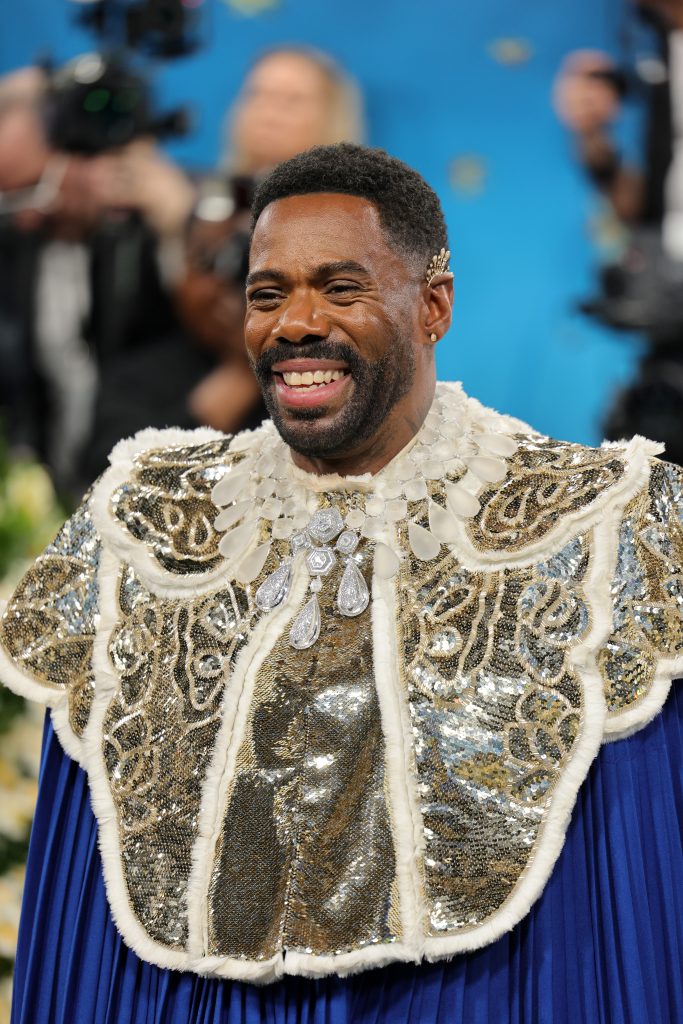
Lorde Merges Masculine Tailoring and Gender Fluidity
Lorde, who recently opened up about gender identity and expression, arrived in a bandeau top and matching skirt paired with a large, oversized blazer. The look played with masculine and feminine elements, reflecting Lorde’s personal journey. “I feel like a man and a woman,” the artist told Vogue on the red carpet, explaining how her outfit symbolized her gender evolution. The outfit aligned seamlessly with the night’s theme and spoke volumes in its simplicity.
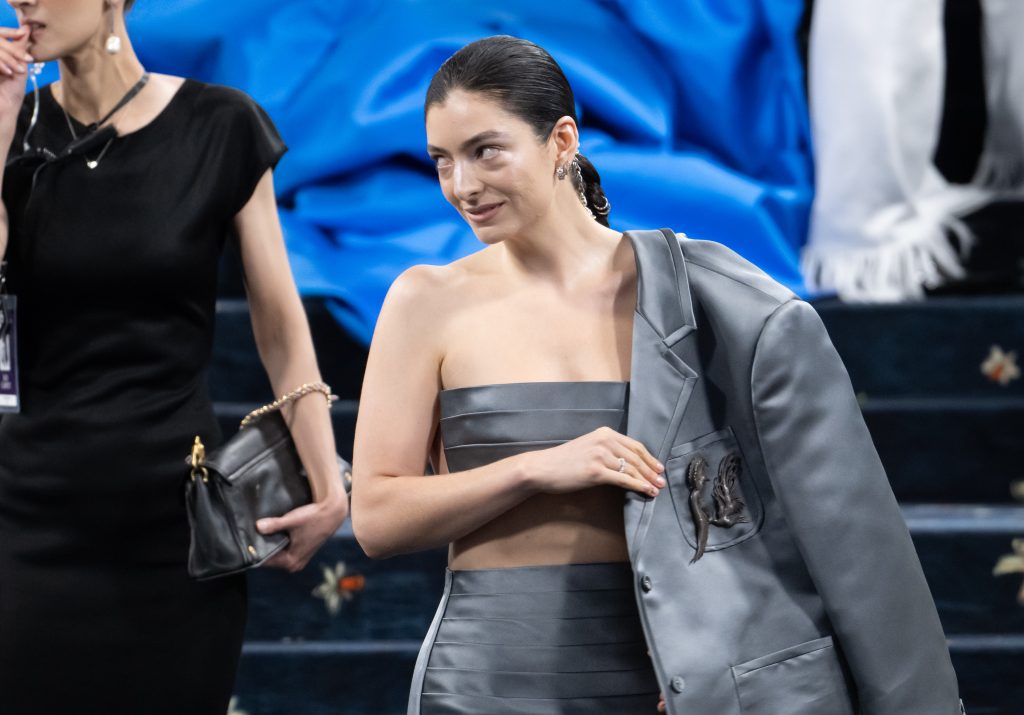
Andrew Scott Blends Classic and Camp
Irish actor Andrew Scott, best known as the “Hot Priest” from Fleabag, delivered a timeless look with a twist. He wore an impeccably tailored cream velvet suit over a pale blush shirt, striking a balance between traditional elegance and playful camp. The understated palette let the cut and texture of the garments speak for themselves.
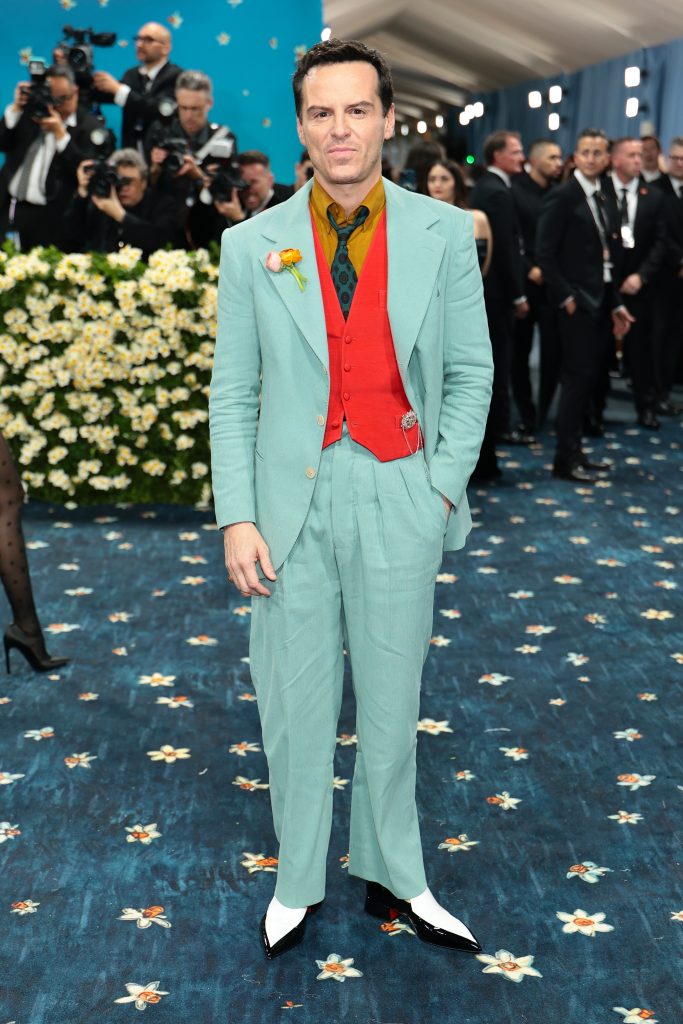
Ayo Edebiri Turns Heads in Stripes and Leather
Ayo Edebiri kept things sharp and unexpected in a red and white plunging striped gown, layered under a black leather blazer with dramatic drop sleeves. The mix of structure and spontaneity captured the spirit of tailored fashion with a youthful, tongue-in-cheek flair.
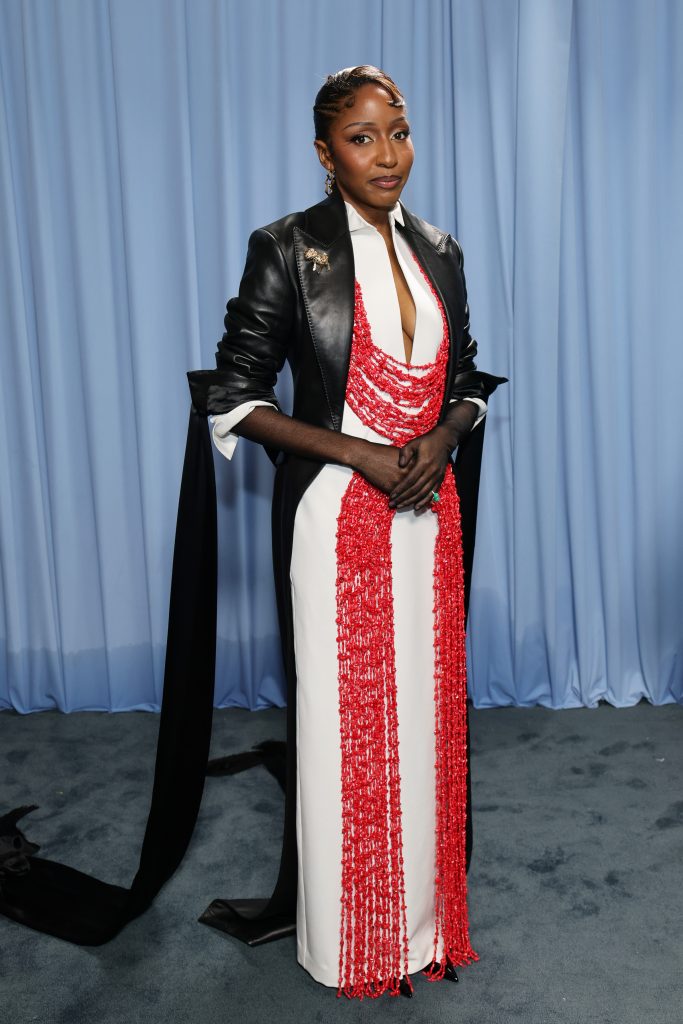
Omar Apollo Delivers Animal Print with a Twist
Singer-songwriter Omar Apollo brought sensuality to the red carpet in a shimmering, cheetah-inspired suit. The look featured a sheer shirt underneath and statement jewelry, emphasizing texture and movement while redefining what tailored menswear can be.
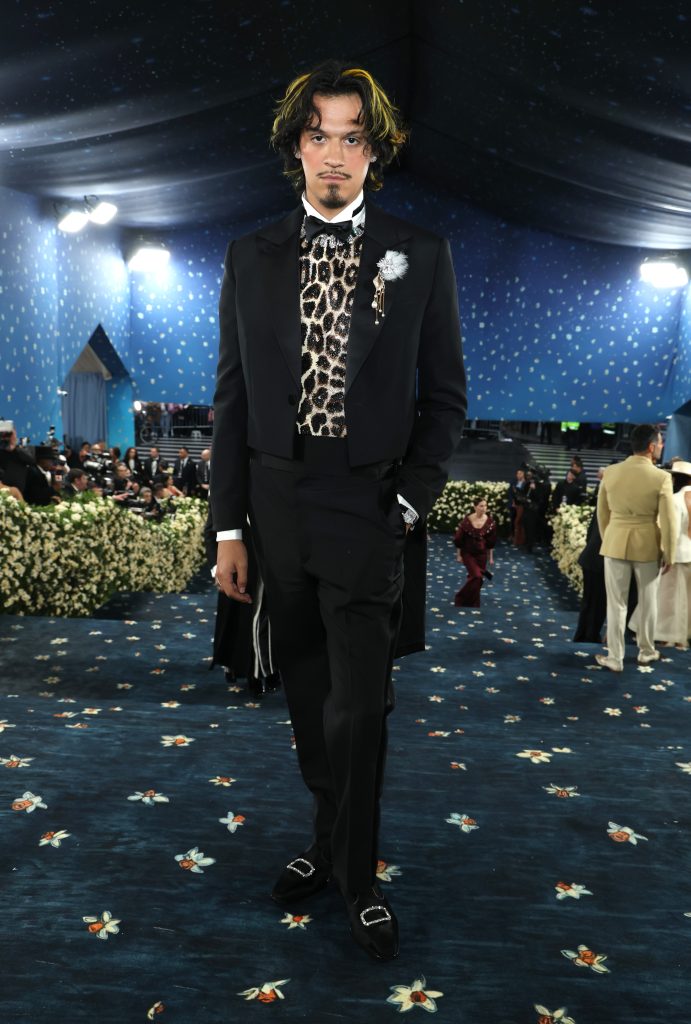
Sam Smith and Christian Cowan Arrive as a Matching Duo
Musician Sam Smith and designer Christian Cowan appeared together in coordinating looks. Smith wore a pleated, high-collared coat-dress adorned with silver hardware, while Cowan sported a sharply cut tuxedo with extended floor-length tails. The synchronized aesthetic highlighted queerness in both fashion and partnership.
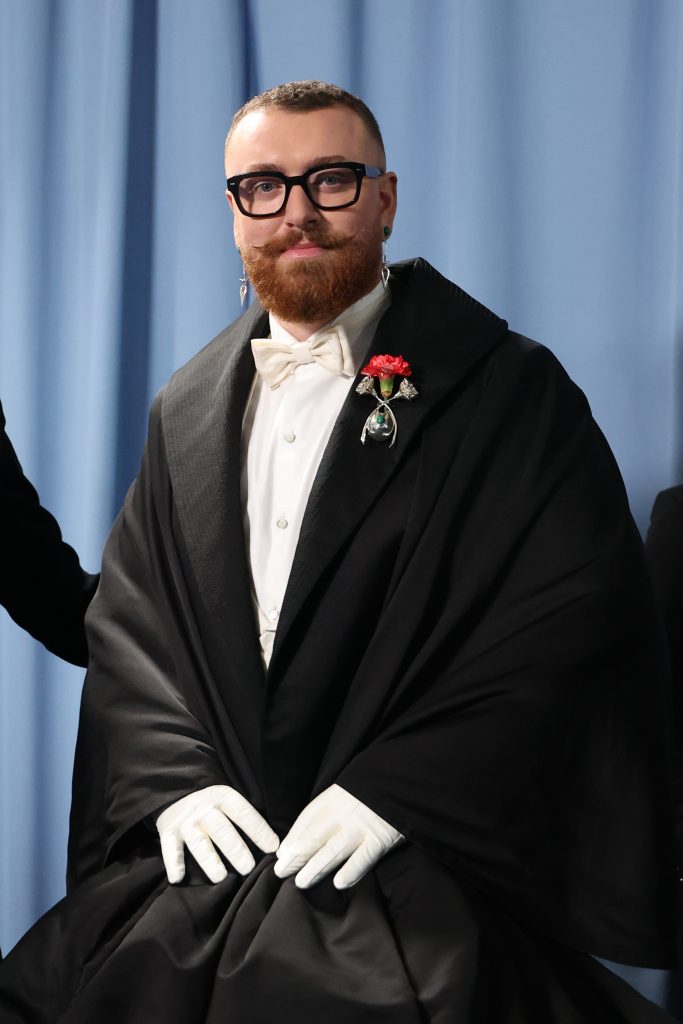
Cynthia Erivo Channels Fantasy Couture
Tony Award-winner Cynthia Erivo stunned in a Givenchy look that mixed structured fantasy and high fashion. With a crystallized corset, exaggerated puff sleeves, platform boots, and a flowing train, Erivo embodied a theatrical and unapologetically queer vision of elegance.
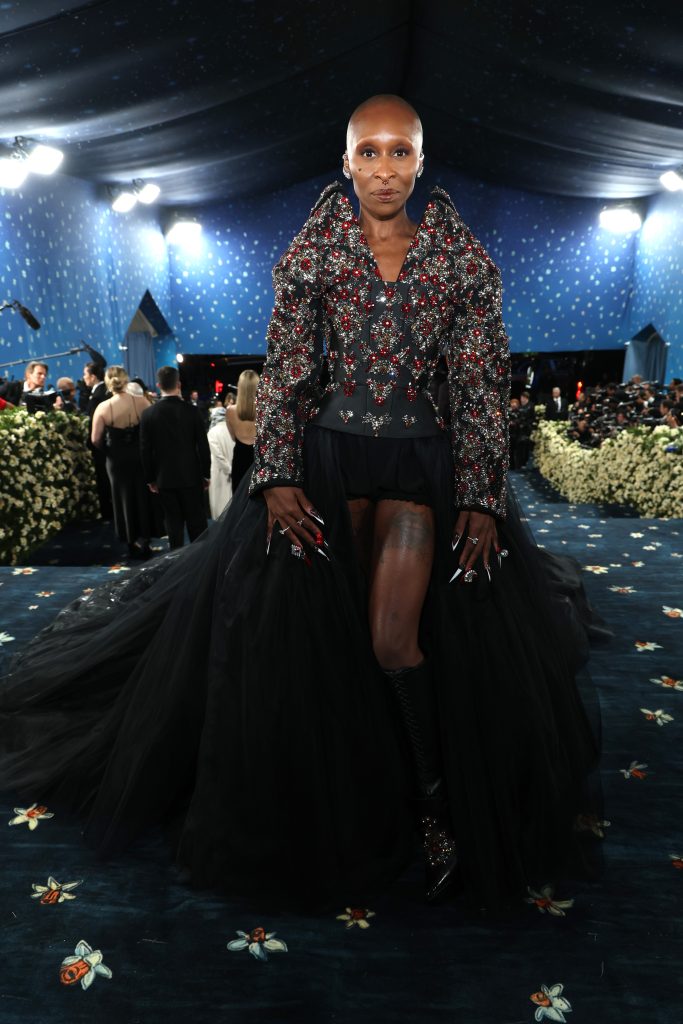
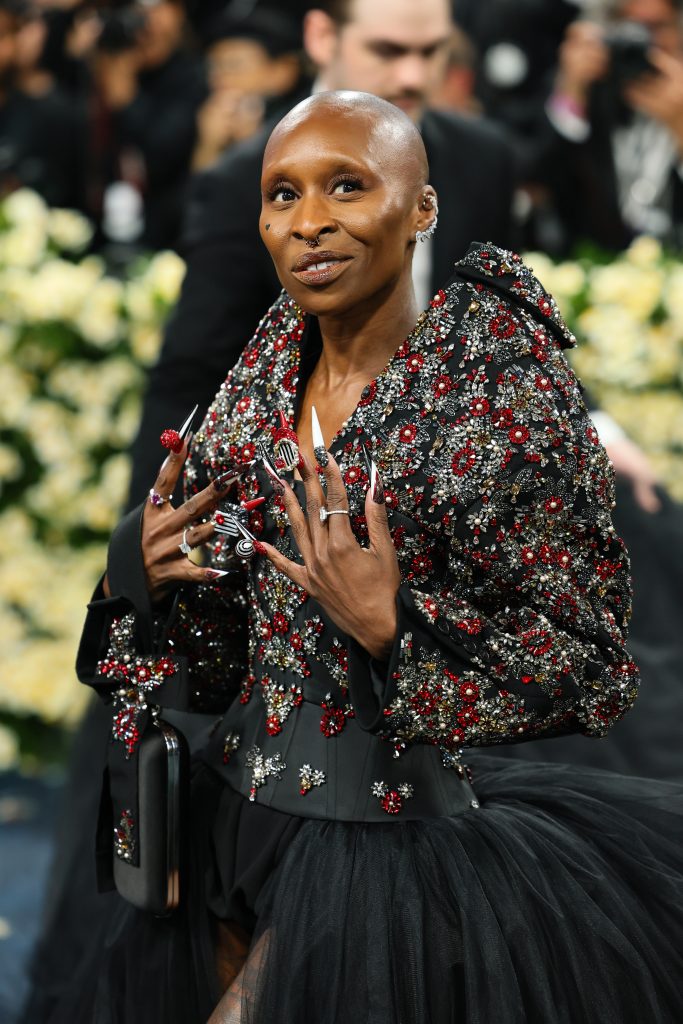
Hunter Schafer Reimagines the Tuxedo
Hunter Schafer took tailoring to another level in a deconstructed tuxedo-gown hybrid. The piece combined sheer mesh, satin panels, and architectural construction, reworking masculine formality into a futuristic silhouette.
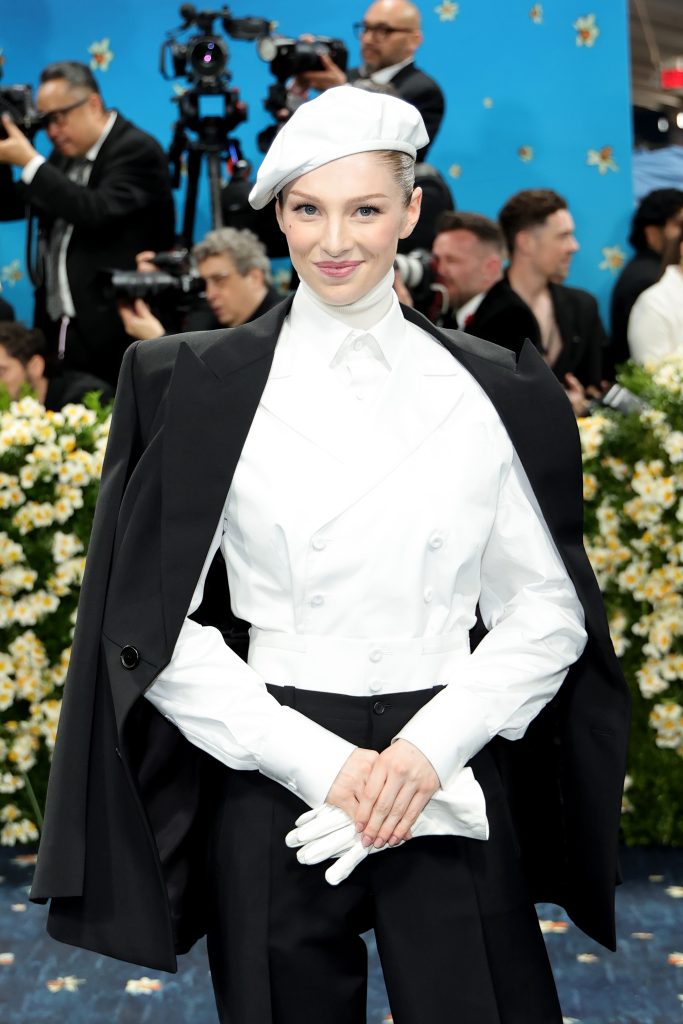
Chappell Roan Keeps It Bold in Color and Form
Breakout pop artist Chappell Roan arrived in a sharply tailored suit featuring mismatched pink and red fabrics. Her signature fiery red hair and confident posture only amplified the visual impact of a look that was both whimsical and empowering.
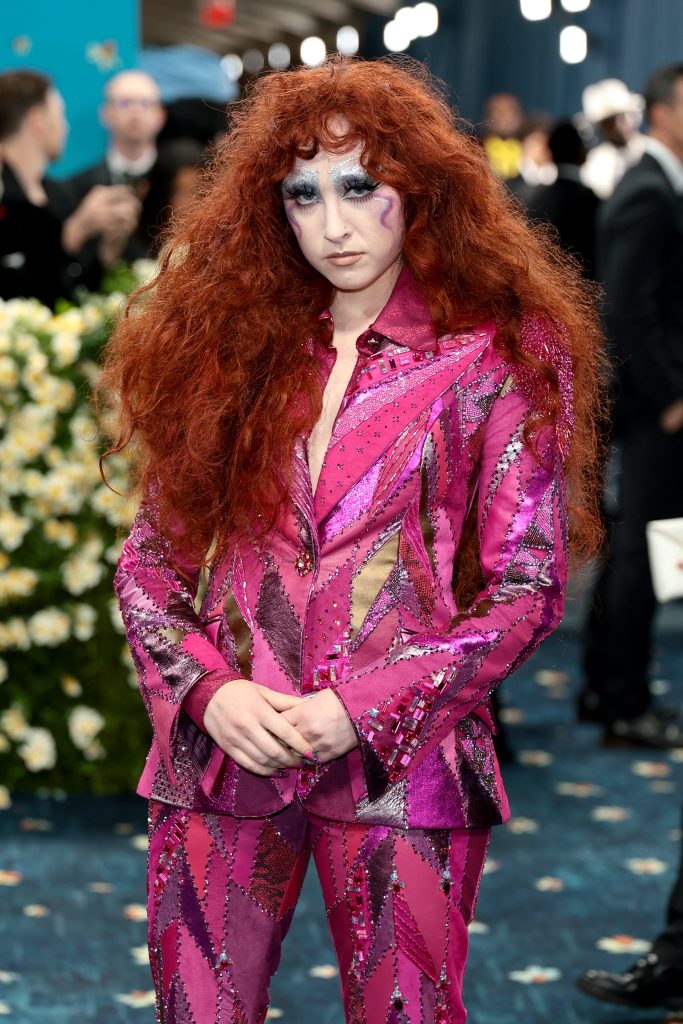
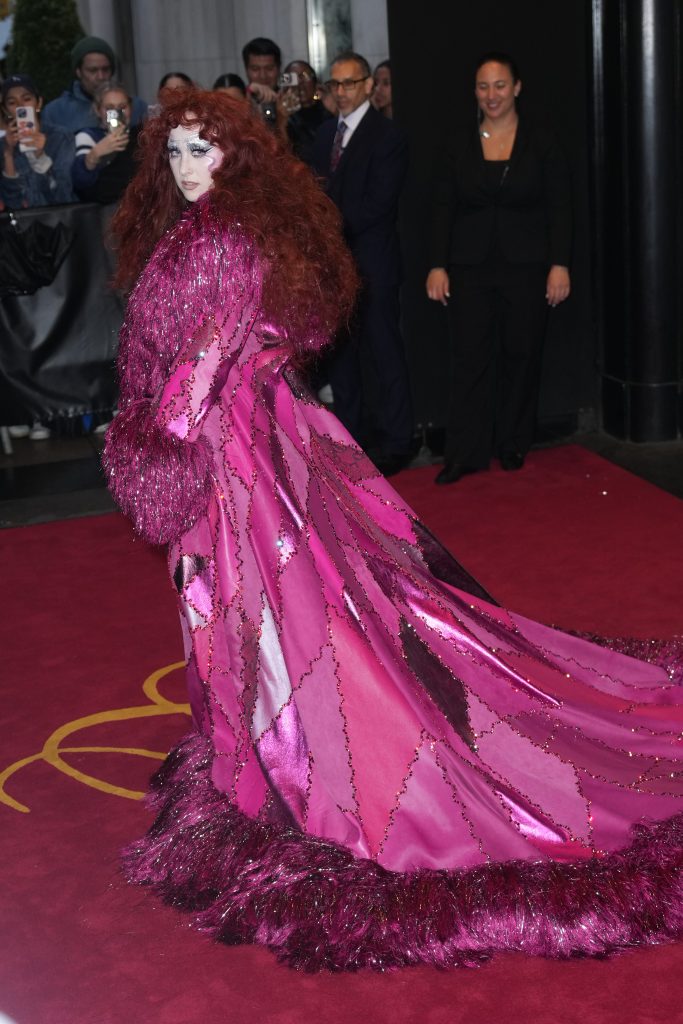
More Photos of Queer Favorites Below
